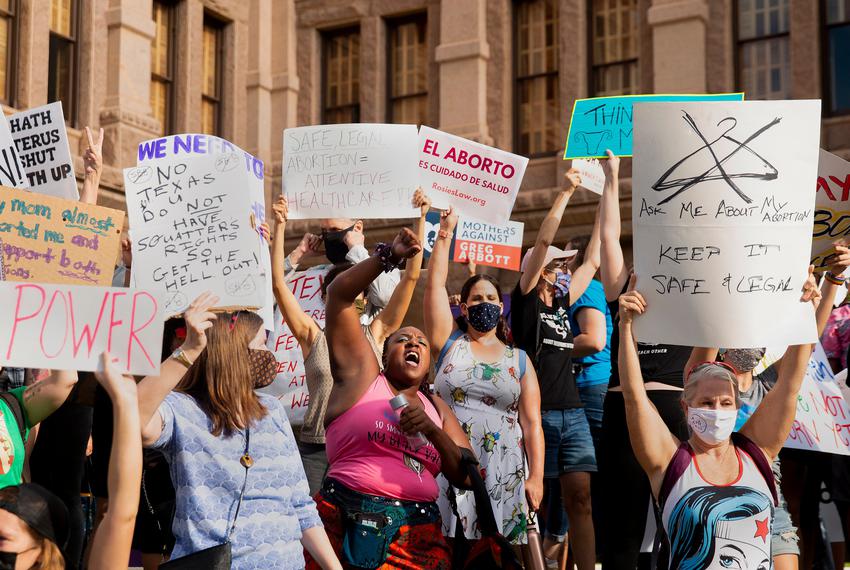Improving Education in Prince George’s County
The number one issue I heard as I knocked on over 10,000 doors in our district was: “We need better.” And, I couldn’t agree more. My highest, number one priority as your Delegate is to improve Prince George’s County’s public schools.
The Blueprint for Maryland’s Future
I served as lead sponsor of the Blueprint for Maryland’s Future – which was passed by the Maryland General Assembly in 2021 to transform public education in the state into a world-class education system. The Blueprint will increase education funding by $3.8 billion each year over the next 10 years, enrich student experiences and accelerate student outcomes, as well as improve the quality of education for all children in Maryland, especially those who have been historically underserved.
The Blueprint is a product of the recommendations made by the Commission on Innovation and Excellence in Education (which I served on), who met over the course of three years (2017-2019). The commission was comprised of a cross-section of stakeholders including education advocates, teachers, legislators, and experts to address education funding and needed approaches to better prepare students for success in the modern workforce. In doing so, the Blueprint’s future focus directly benefits students and educators, lifts historically underserved communities, prepares the workforce of tomorrow through college and career readiness, and enhances the State’s economic competitiveness. The Blueprint also establishes the new Accountability and Implementation Board (AIB) solely dedicated to ensuring the successful implementation of the Blueprint.
One of the most important aspects, which I advocated for, is providing additional resources to the students who need them most. The Blueprint focuses on strengthening wraparound services through the expansion of community schools, establishing the Maryland Consortium on Coordinated Community Supports, targeting supports for students and families based on differentiated need, establishing a workgroup on English learners, and developing a funding formula based on a new measure of concentration of poverty. Here in Prince George’s County, we currently have over 70 community schools, and that number will continue to grow in future years.
Ending the School to Prison Pipeline
To better understand the issue of student discipline in our schools, I created the Maryland Commission on the School-to-Prison Pipeline and Restorative Practices. The recommendations from the Commission’s final report were to expand the accessibility of school discipline data, lower the threshold used to identify schools that disproportionately suspend subgroups of students, and improve relations between students and School Resource Officers (SROs). Since then, I have introduced legislation to act on these recommendations.
Improving Accessibility of Discipline Data:
To effectively address the disproportionate use of school suspensions, we need to require transparency in the data that conveys the current use of school suspensions. Therefore, data about discipline actions should be transparent, detailed, and accessible to policymakers, researchers, educators, and the public. I have sponsored legislation to this information available in downloadable spreadsheets – which would greatly enhance the use of this data for both researchers and the public to better understand and reduce the use of suspensions in Maryland schools.
Identifying Disparities in School Suspension:
I have introduced legislation to set more ambitious targets for reducing racial disparities in the use of school suspensions. According to MSDE’s suspension report from the 2018-2019 school year, over 76% of out-of-school suspensions were given to students of color. My bill would better identify schools with high disproportionality in their school discipline practices, and increase efforts to improve equity in school discipline.
Removing SROs from the Disciplinary Process
School Resource Officers (SROs) are a huge issue in our school system, and one I hear about often from parents. My legislation would prohibit any school resource officer from enforcing discipline-related school policies, rules, regulations, or procedures – further clarifying the roles of officers in our schools and preventing unnecessary removals from classrooms. Routine school discipline should be handled by school administration and support staff – not police.
Boosting Parental Involvement
Another threat to our County’s school system is the staggeringly low high school graduation rate. For the 2021-22 school year, Prince George’s County had a 77.6% high school graduation rate, one of the lowest in Maryland.
I believe a significant contributing factor in the County’s low high school graduation rate is poor parental involvement. Increased parental involvement has been proven to increase high school graduation rates and improve overall student achievement.
To help improve parental involvement, I am working with the Prince George’s County School System to institute a new outreach program to get parents, especially those parents or family members who cannot be reached through our traditional parent outreach methods, more involved in their student’s education.







